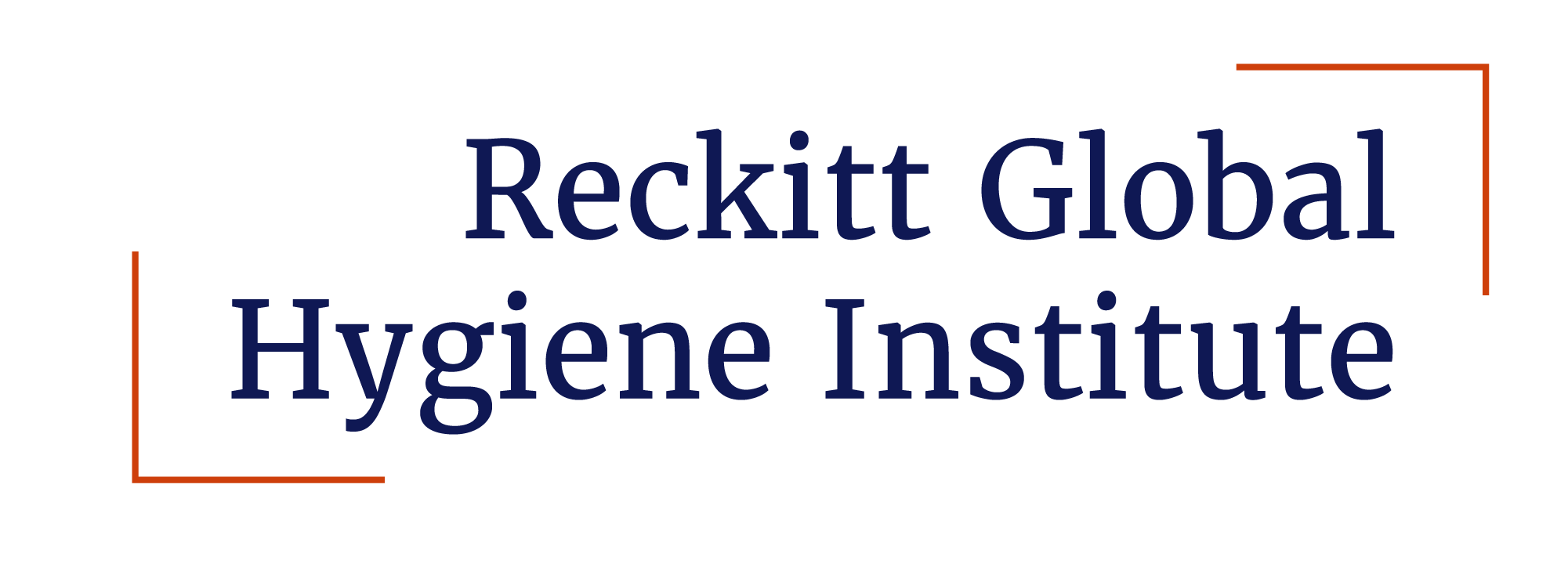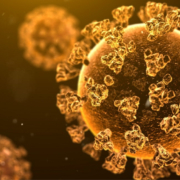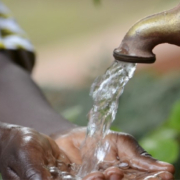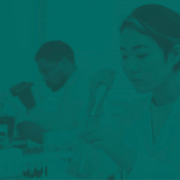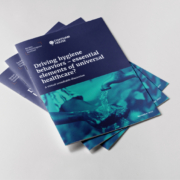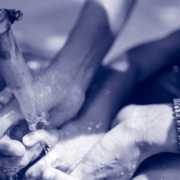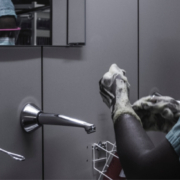The BA.2 subvariant is a reminder that hygiene can’t fall by the wayside
March, 2022 – As cases of what the World Health Organization calls the “Omicron variant of concern” – BA.2 – increase the world must reinvigorate its hygiene efforts or else risk a springtime COVID-19 surge.
Since the start of the pandemic, handwashing, mask wearing, sanitising, social distancing and social isolation have become commonplace in a bid to keep COVID-19 infections at a minimum. While certain countries, including the United Kingdom, have since relaxed the rules and regulations surrounding such measures, the latest variants and subvariants highlight the criticality of maintaining such hygiene habits.
“Over the past two years, people have become more aware of their hygiene habits in a way they probably weren’t before. It’s now extremely clear how important good hygiene is for our overall health and just because the COVID-19 rules have relaxed, it doesn’t mean our hygiene habits should too,” said Simon Sinclair, RGHI Executive Director, adding that with these improved hygiene behaviours the world is now far better equipped to stave off other illnesses and infections.
“BA.2 shows us that we haven’t seen the end of COVID-19 despite the U.K. no longer regulating health and hygiene measures. This latest sublineage is a reminder that each individual must still practice handwashing and sanitising in order to keep themselves and their communities healthy,”
According to the Office for National Statistics, COVID-19 cases rose to 3.5 million people in England last week, marking the country’s second highest peak.
BA.2, known as “the stealth variant,” is a sublineage of the Omicron variant. It is said to be more contagious than the original Omicron variant, BA.1, which was already considered more transmissible and less susceptible to the protection offered by vaccines and previous infections. Researchers have also found Omicron infections can last twice as long on surfaces.
Now, as the main type of COVID-19 in circulation, scientists are warning BA.2 could, at the very best, prevent infection decline and at worst lead to yet another wave. Already, the U.K. is seeing a spike in hospitalisations. Countries such as France, Germany and Italy are also seeing significant numbers and the U.S. is warning its citizens of a potential surge as early as April.
At the same time, countries are reopening to tourists, encouraging office working, and removing mask mandates, meaning the environment is more ripe for contraction of the virus than it has been in years.
In order to stay healthy, avoid putting the vulnerable at risk and protect health systems, it remains important that people continue the handwashing, sanitising and social distancing habits that became instilled throughout 2020 and 2021.
Last month, amid the U.K. government’s decision to reduce testing and remove the legal requirement to self-isolate and the work-from-home mandate, UK Prime Minister Boris Johnson stressed the need for “personal responsibility.”
“This a prime example of why personal responsibility is needed,” continued Simon Sinclair. “New strains will continue to emerge and without knowing how contagious or severe the symptoms might be, it’s best to take steps to ensure it’s not caught by continuing the improved hygiene habits they’ve picked up over the past two years.”
The Reckitt Global Hygiene Institute recommends continuing to wear a mask in inside spaces and among vulnerable people, socialising outdoors where possible, sanitising surfaces multiple times a day and repeatedly handwashing. At the same time, RGHI is continuing to promote and fund a portfolio of hygiene science in the hopes that it will provide more evidence-based advice for this new post-pandemic era, laying out a clear pathway for improving public health overall.
RGHI is a not-for-profit foundation that launched in 2020 to generate and fund high-quality, scientific research that addresses the links between hygiene and health. The aim is to help inform the global health agenda while leading to the adoption of better and more sustainable hygienic practices globally. RGHI believes that more investment and work in this area is needed so that there is more knowledge around the various aspects of hygiene that can protect not just against pandemics but common illnesses such as the flu, cholera, and diarrhoea. Good hygiene saves lives, improves health and economies, and dramatically reduces health inequalities and health costs.
Last month, RGHI announced the first five fellows of the Reckitt fellowship who will spend the next three years dedicated to researching this area.
For more information please contact: Sarah Roberts sarah_r@mail.rghi.org
# # #
Notes to editors:
About the Reckitt Global Hygiene Institute
RGHI, a not-for-profit foundation, was set up in 2020 to plug evidence gaps relating to hygiene behaviours and their impact so that leaders can confidently advise their nations. Funded by a multi-year $25 million grant from Reckitt plc, which provides support for the fellowship program, RGHI is working to promote and fund a portfolio of hygiene science that will lay out a clear pathway for improving public health.
